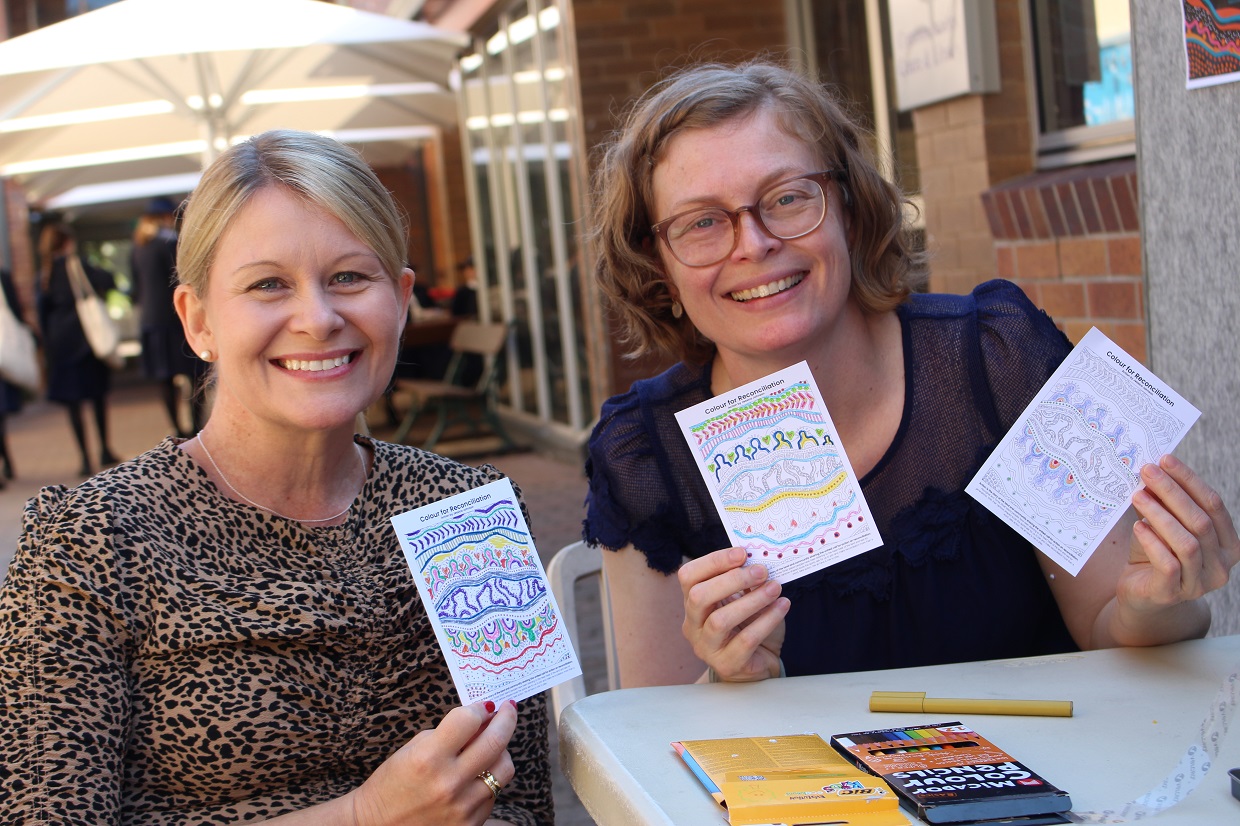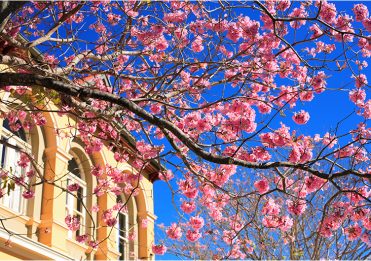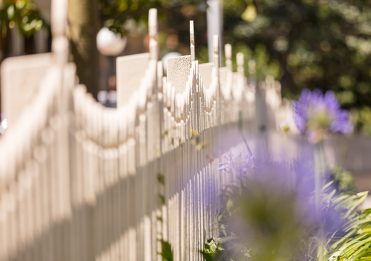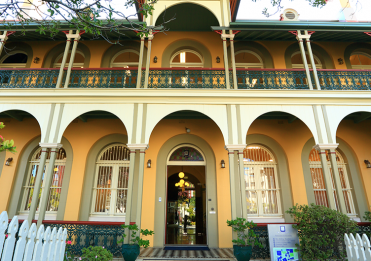We would like to acknowledge the Traditional Owners of this land—the Turrbul and Jagera people, and pay our respects to their elders past, present and emerging.
Today we want to address Sorry Day, Reconciliation Week, and the role we all play in reconciliation.
Not only is National Sorry Day an extremely important date in our country’s history, but so is the week following today. Fifty-four years ago tomorrow, Australians voted to change our Constitution. Before this, Aboriginal and Torres Strait Islander people were explicitly excluded in our Constitution as part of the Australian population. The date of this revolutionary referendum marks the beginning of Reconciliation Week. This week is a chance for all of us to learn about our Indigenous peoples’ cultures, struggles and achievements. Every one of us can explore how we can contribute to achieving reconciliation in Australia as individuals and as a school community. But reconciliation does not happen in just one week. It must continue to live in the hearts and actions of all Australians every week of every year. With consistent effort from all of us, we can move forward and create a nation underpinned by respectful, genuine relationships between our Indigenous peoples and the wider community. This year’s motto for Reconciliation Week is ‘More than a word. Reconciliation takes action’. Let us unpack this. This means that true reconciliation is more than just saying ‘sorry’. Sorry means nothing without understanding why we are apologising and taking actions to overcome past injustices as a nation. This motto urges us all towards braver and more impactful action, rather than simple acknowledgements of country and empty promises of inclusivity. It can be difficult to understand how to take real action towards reconciliation. On the Reconciliation Australia website, there is a list of 20 actions you can take for reconciliation this year.

Students join Uralla Club members to reflect on how they can take action to advance reconciliation
Here are some things from this list that all of us can do:
- Learn our local history. Did you know that Brisbane was originally called Meanjin? Or the history of the land dispute between the Turrbal and Yuggera people? What about the Boundary Street in almost every Brisbane suburb served as a segregation line, which Aboriginal and Torres Strait Islander people could not cross after a certain time of night?
- Research the history of the Turrbal and Yuggera people!
- Be ready to call out racism when you hear it, and you will hear it. Have those uncomfortable conversations with your family and friends. What is arguably harder is having that conversation with yourself. We all have unconscious biases due to the systematic oppression of Indigenous peoples embedded in our society. Learning how this bias insidiously affects our thinking and actions helps us to identify and challenge it.
- Finally, go further than posting on Instagram. Raising awareness is helpful, but without any real action, it could potentially be performative.
- Support and promote Indigenous organisations, buy from First-Nations businesses when you can, and educate yourself on Indigenous struggles.
We can also get involved within our school. You can join the Uralla Club, which meets every Monday. At this week’s meeting, we learned about the Frontier Wars and discussed the significance of learning about Indigenous history that spans beyond the First Fleet’s arrival.
We encourage you to ask yourself: What does ‘action’ mean to you? Or What could you—together with others—do to turn learning about reconciliation into meaningful action?
We hope these questions really get you thinking and reflecting on the part you play in reconciliation.
Thank you.
Phoebe Sampson (12M) and Sierra Reza (12H)
Uralla Club Student Leaders

Director of International Studies, Ms Susan Garson, and Uralla Club Coordinator, Ms Abby Hills




